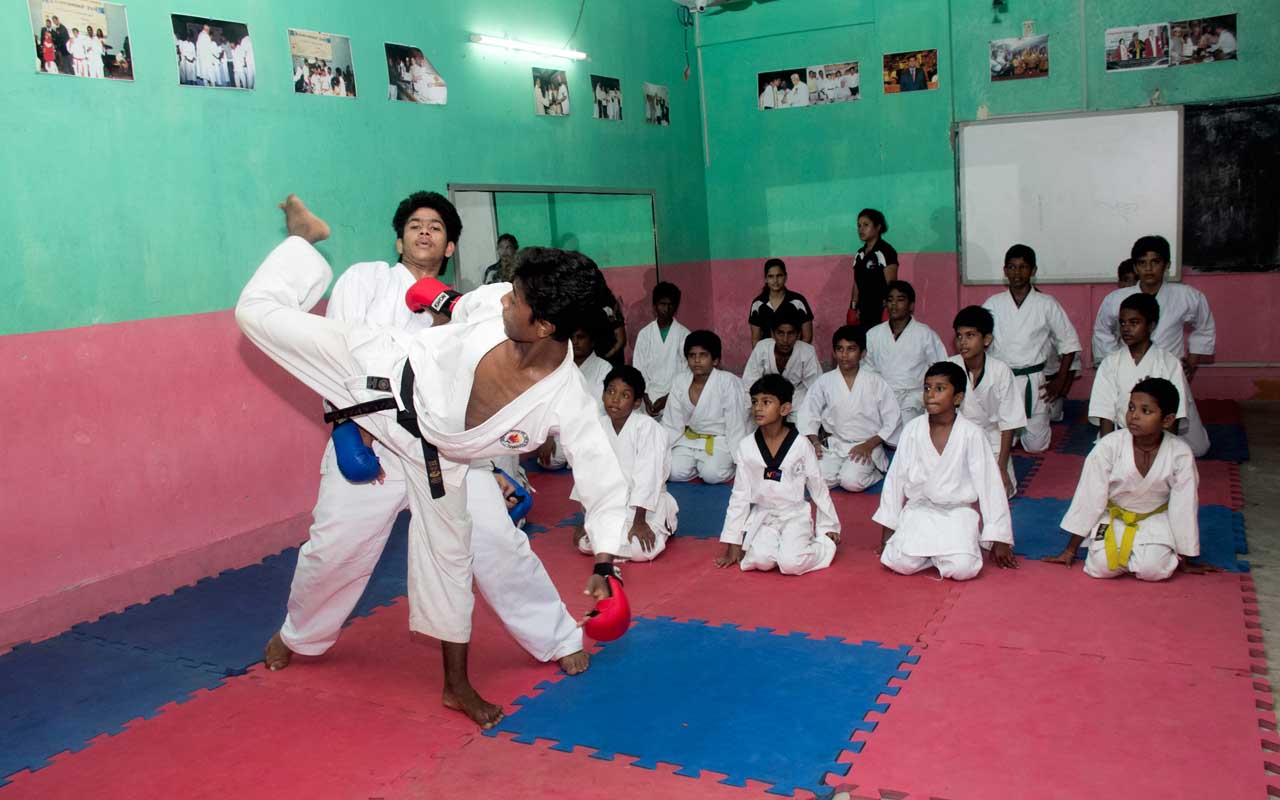ACTIVITIES
THE TSG GURUKUL DIFFERENCE
The manner in which children are expected to learn may be a departure from the manner in which they are accustomed. They will not be passive recipients of information and facts. Rather they will be active, fully participative, and ready to interact with the teacher and the rest of the group. Their learning will encompass a range of new skills such as making presentations, leading teams, carrying out independent research, finding practical application for their knowledge and creating time for reflection and evaluation. The students will be pleasantly surprised by our faculty: they have all been chosen for their broad international experience, and skills in interactive teaching in the English medium. Our residential and pastoral life will actively encourage moral conduct and understanding on the one hand and a sense of fun and enjoyment on the other. TSG Gurukul International School will be a happy,safe, caring and learning community where all students will be treated as individuals and where they will experience a degree of personal freedom along with the obligations that freedom confers. The students will find themselves in a cosmopolitan environment. They will, over time be able to understand their place in the world outside their own nation and community, to be able to appreciate other cultures and beliefs without sentimentality or prejudice, and should find it possible, once they graduate from Times Gurukul International School, to move through the world with ease, confidence and understanding.
STUDENT WELFARE
TSG Gurukul is founded on the belief that students can only do well if an educational environment is safe, creative and compassionate: where trust and honesty lie at the foundation of the relationships within the School and between the School and parents. It is not a matter of helping a student when things go wrong; it is a matter of ensuring that things do not go wrong in the first place. Above all, the informal part of school life seeks to promote well-being and happiness in the student. The focus on family and community, respect for diversity, care and personal attention is balanced with a love of adventure, problem solving, encouragement towards leadership and the setting of challenges. Students will inevitably fail from time to time, however they will learn that this is a normal part of growing up. This means that they will be helped to turn their present setbacks and mistakes into future successes and achievements.
PERSONAL DEVELOPEMENT
The personal, spiritual and moral growth of TSG Gurukul students is of no less importance than their academic progress. The School employs faculty who are dedicated to guiding their students through the unique challenges of adolescence and early adulthood. The Head of the Institution has the job of ensuring that each one of our faculty members is trained and prepared to be a critical friend to the student in their care. The Head of the Institution is also assisted in his work by deputy, school nurse, counselor and resident house fellows who report to him in all student health, welfare, residential and general matters of concern. Elder students provide mentoring to the younger ones. Each student, in effect, at some stage will have been mentored by a senior and serve as a mentor to his or her junior. The role of the mentor is an important one in the School.
MORAL AND SPRITUAL DEVELOPEMENT
TSG Gurukul has respect for diversity as one of its principal goals. This applies equally to religion, ethnicity, gender and nationality. Students come to the School with different belief systems and may have different approaches to notions of spirituality. The School does not espouse any one religion, belief system or denomination. It does, however, encourage spiritual understanding, search and growth. This entails three principal aspects. Firstly, we provide the means for all students to worship in their own way. There is a dedicated silent space in the School for quiet reflection, meditation or prayer accessible to all. Secondly we encourage students to regard spirituality as a dimension of our shared humanity essential to moral progress and that this comes in differently-understood forms, whether it is love of nature, care of the environment, respect for our ancestry, identification with human progress, ingenuity and achievement, and love for others. Thirdly, we explore the nature of religion, religious thought, philosophy and spirituality in its many forms within our taught curriculum.


